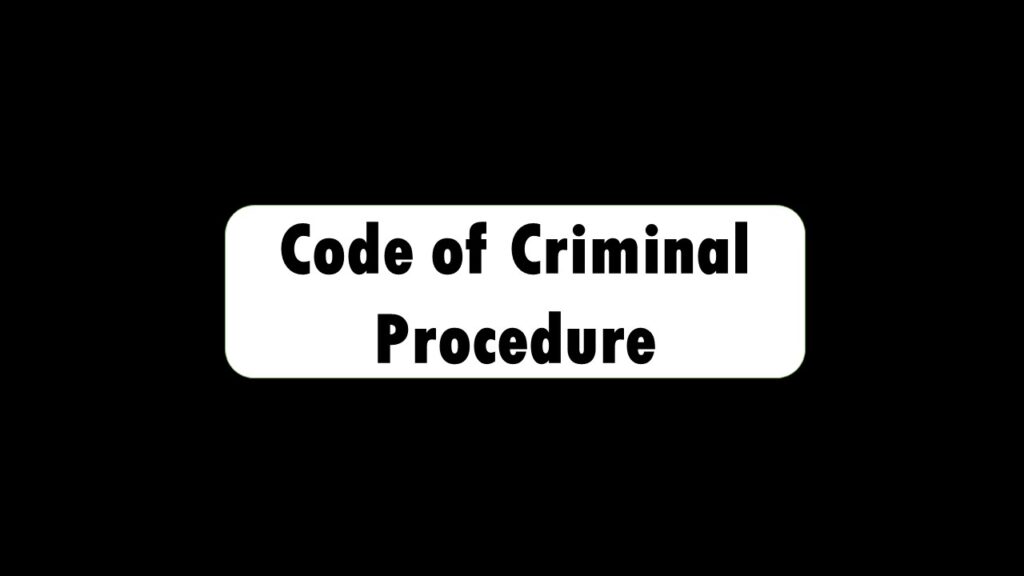Sakshi vs. Union of India [AIR 2004 SC 3566]: Supreme Court of India
Section 273 of the Cr.P.C. merely requires the evidence to be taken in the presence of the accused and this does not mean evidence cannot be recorded through video conferencing
31. The whole inquiry before a Court being to elicit the truth, it is absolutely necessary that the victim or the witnesses are able to depose about the entire incident in a free atmosphere without any embarrassment. Section 273 Cr.P.C. merely requires the evidence to be taken in the presence of the accused. The Section, however, does not say that the evidence should be recorded in such a manner that the accused should have full view of the victim or the witnesses. Recording of evidence by way of video conferencing vis-a-vis Section 273 Cr.P.C. has been held to be permissible in a recent decision of this Court in State of Maharashtra v. Dr. Praful B Desai, [2003] 4 SCC 601. There is major difference between substantive provisions defining crimes and providing punishment for the same and procedural enactment laying down the procedure of trial of such offences. Rules of procedure are hand-maiden of justice and are meant to advance and not to obstruct the cause of justice. It is, therefore, permissible for the Court to expand or enlarge the meanings of such provisions in order to elicit the truth and do justice with the parties.
